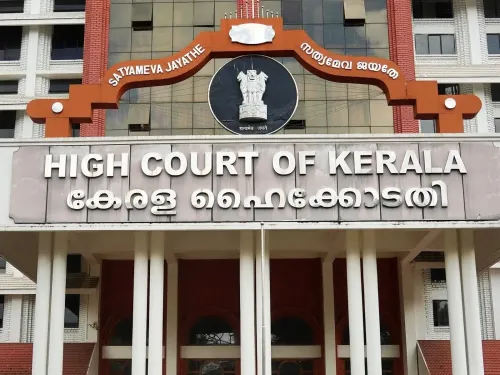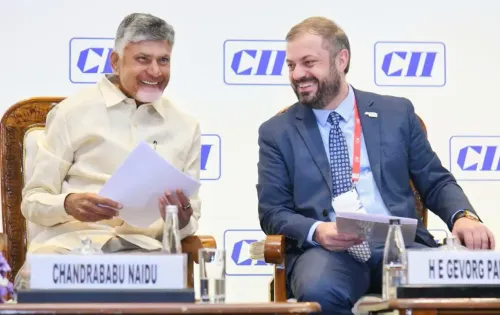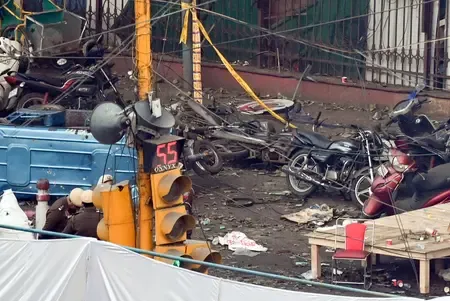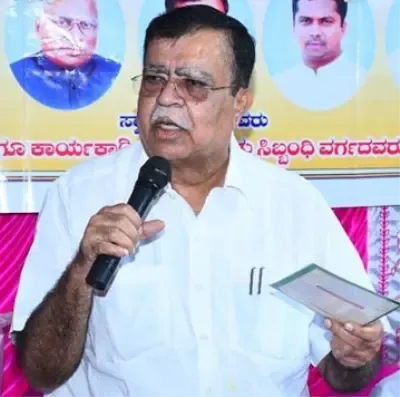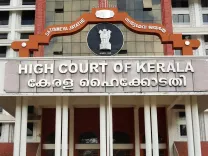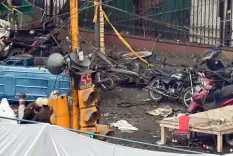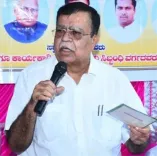What Led Ladakh Youth to Violence After Peaceful Protests? Dr. Farooq Abdullah's Insights
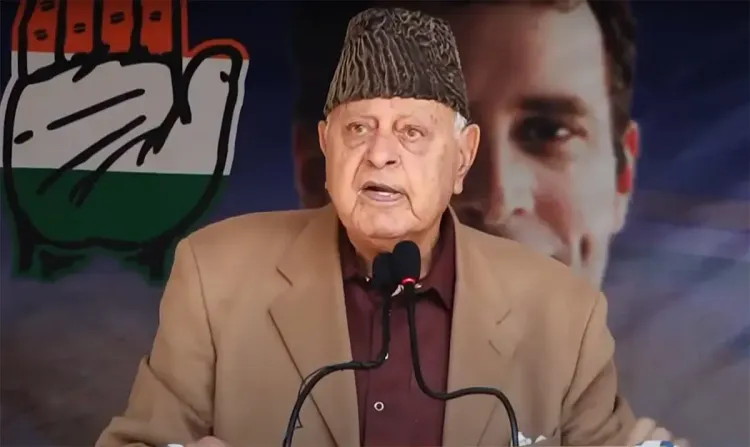
Synopsis
Key Takeaways
- Violence erupted in Ladakh due to ignored grievances.
- Long-standing demands include restoration of statehood.
- Dialogue with the Central government is essential.
- Frustration among youth led to violent protests.
- Strategic significance of Ladakh must be acknowledged.
Srinagar, Sep 25 (NationPress) Former Chief Minister of Jammu and Kashmir and leader of the National Conference (NC), Dr Farooq Abdullah, stated on Thursday that the violence in Ladakh arose after peaceful demonstrations did not yield the expected outcomes. He urged the Central government to engage in dialogue with the protesting locals of the region.
During a press conference, Dr Abdullah remarked that the turmoil in Ladakh is an internal issue initiated by the residents, emphasizing that there is no external conspiracy at play.
He cautioned the Central government that ignoring the long-standing demands of the people could exacerbate unrest in this sensitive Himalayan area.
“The recent violent events in Leh are a direct result of years of ignored grievances. For the last five years, the people of Ladakh have sought inclusion under the Sixth Schedule and the restoration of statehood, yet they have only received ambiguous promises. The situation in Ladakh is unfortunate. The locals have been striving peacefully under the guidance of Sonam Wangchuk, who adopted Gandhian principles, but their efforts have gone unanswered. When the youth of Leh realized their voices were disregarded, they turned to violence,” Abdullah commented.
He emphasized that Sonam Wangchuk himself had advocated for non-violence, but escalating frustration compelled the youth to take action.
“While Sonam Wangchuk remained passive, the youth of Ladakh took a stand for their rights,” Abdullah asserted.
The NC leader highlighted that the strategic significance of Ladakh makes the current situation even more precarious. “With China looming large, the Government of India must engage in negotiations and resolve this matter. Every time turmoil arises, they blame external factors, yet we have experienced broken promises. Kashmir was assured statehood following delimitation and elections, but nothing materialized. The same deceit is being repeated with Ladakh,” he remarked.
Abdullah insisted that this issue should not be allowed to linger. “Now is the time to resolve the situation and transform promises into action. The government in Delhi must act promptly. The people of Ladakh have been disappointed,” he emphasized.
On the topic of border disputes, he acknowledged the undeniable reality of Chinese occupation.
“The entire world is aware of how much Indian territory is under Chinese control. How long can we continue to hide behind falsehoods? It’s time to confront the truth. Ladakh is sensitive, and China has never recognized the McMahon Line since Nehru’s era,” he stated.
He also addressed international pressures, referring to a recent claim by US President Donald Trump that India supports the Ukraine war. “This is incorrect. India does not endorse any war. Nevertheless, such statements highlight the global focus on our region,” Abdullah noted.
He called for restraint and rejected the notion of conflict. “The NC will never endorse a path that leads to youth suffering. I oppose bloodshed. We need dialogue, mutual understanding, and sincerity,” he said.
It's worth noting that the violence caused by unruly mobs in Leh has provided the NC leadership, including Dr Farooq Abdullah and Omar Abdullah, with an opportunity to advocate for their demand for the restoration of statehood to Jammu and Kashmir.
No condemnation has been issued regarding the unruly actions of the mob in Leh that set fire to the BJP office, the office of the Leh Apex body, and burned a CRPF vehicle along with other vehicles belonging to local BJP members.
Four protesters lost their lives, and over 70 sustained injuries during confrontations between the unruly mob and security forces in Leh town on Wednesday.
Officials reported that security forces had to fire in self-defense when the mob attempted to ignite the CRPF vehicle with officers inside.
The L-G administration has cautioned that while the Central government intends to engage in dialogue, disruptive actions by arsonists and stone pelters will not be tolerated.

